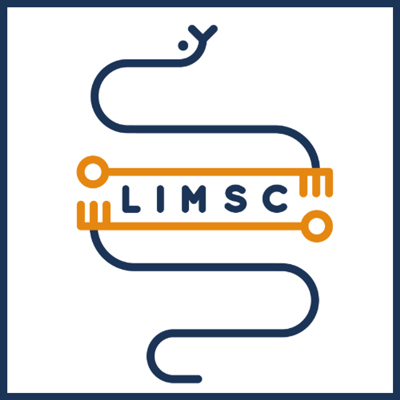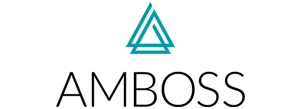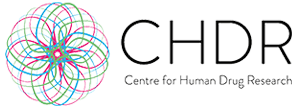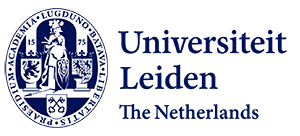-
days——
-
hours——
-
minutes——
The Leiden International (Bio)Medical Student Conference (LIMSC) is one of the world's largest biennial student conferences, that unites passionate students in medicine, biomedical sciences, pharmacy, clinical technology, and other life sciences for an immersion in scientific innovation.

During our 5-day program, we offer a platform for scientific exchange as well as a diverse and exciting social programme. At LIMSC, you'll have the opportunity to present your research, participate in cutting-edge workshops, gain insights from inspiring talks by prominent guest speakers, and establish connections with peers and researchers worldwide.
In addition to the comprehensive scientific programme, LIMSC hosts a series of special events such as a festival, black-tie dinner, and post-conference tour, giving participants the opportunity to forge new friendships, expand their network and explore the vibrant culture of the Netherlands.
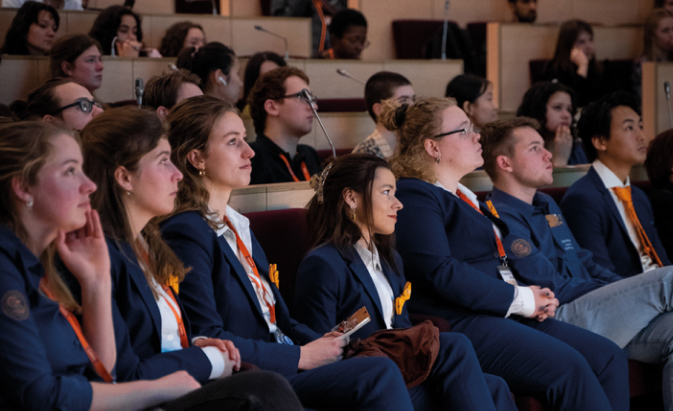

Guest Speakers

-
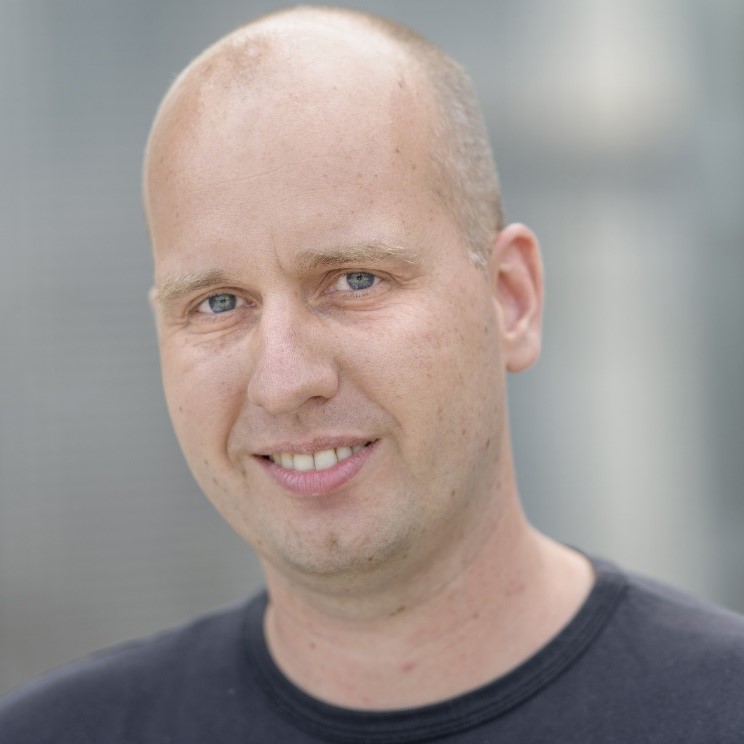

Professor Andries van der Meer
Professor of Microphysiological Systems at the University of Twente
Prof. Dr. Andries van der Meer is Full Professor of Microphysiological Systems at the University of Twente, The Netherlands. Van der Meer is the president of the European Organ-on-Chip Society (EUROoCS). He also served as chair of the Focus Group on Standardization for Organ-on-Chip of the European standardization body CEN CENELEC. He is a leading international proponent of standards-driven innovation in the field of organs-on-chips.
Before joining the University of Twente in 2015, Dr. Van der Meer worked as a Senior Research Fellow at Harvard Medical School and the Wyss Institute of Harvard University, Cambridge, MA, USA. He has a PhD (University of Twente, 2010), and a MSc in Biology (University of Groningen, 2005).
Organs-on-chips are advanced tissue culture models that can mimic organ-level functionality in a controlled, dynamic microsystem. They differ from other cell culture models in that they use microenvironment engineering to capture increasingly complex physiological functions. In the past years it has been shown that organs-on-chips can provide accurate and relevant data for preclinical studies, thereby potentially reducing the time and cost of drug development and clinical trials. Moreover, with their unique combination of person-specific human cells and high-level tissue function, organs-on-chips challenge the strong reliance on animal models in life sciences.
In this talk, Prof. Van der Meer of the University of Twente will provide examples of how organs-on-chips can be used to study drugs, taken from his group’s work on vessels-on-chips, heart-on-chip and retina-on-chip. Moreover, he will address the central challenge in the field: how far can we push the realism of organ-on-chip models and how will we maximize their impact?
-
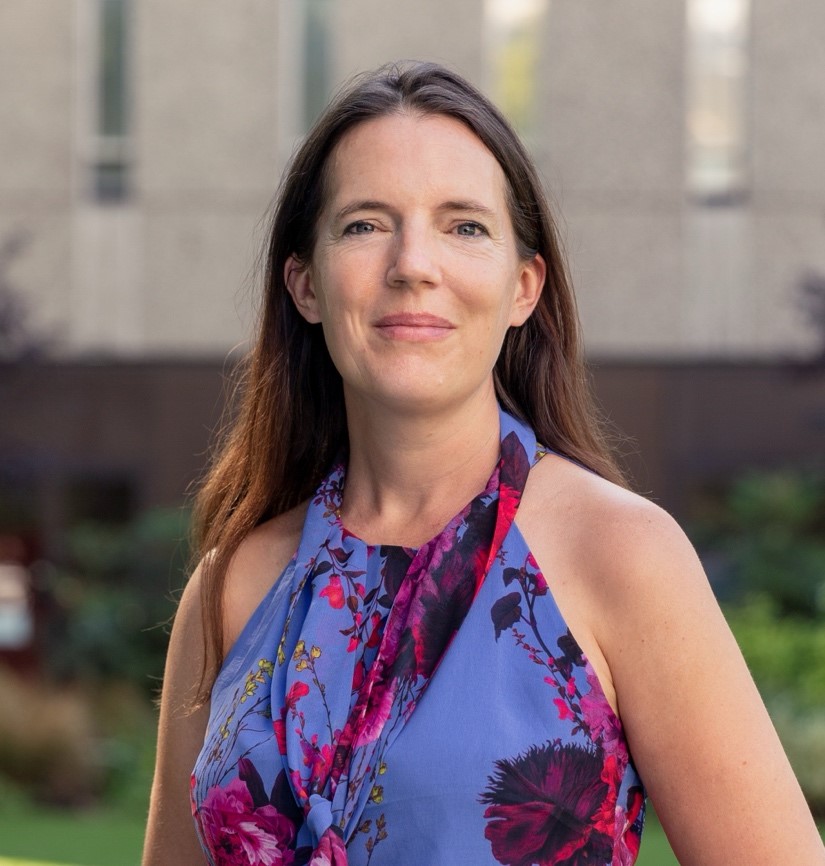

Professor Dame Molly Stevens
Professor of Bionanoscience at the University of Oxford
Professor Dame Molly Stevens DBE FRS FREng is the John Black Professor of Bionanoscience at the University of Oxford and a part-time professor at Imperial College London and the Karolinska Institute. Molly’s multidisciplinary research balances the investigation of fundamental science with the development of technology to address some of the major healthcare challenges. She is a serial entrepreneur and the founder of several companies in the diagnostics, advanced therapeutics, and regenerative medicine fields. Her work has been instrumental in elucidating bio-material interfaces. She has created a broad portfolio of designer biomaterials for applications in disease diagnostics and regenerative medicine. Her substantial body of work influences research groups around the world and she has been multiple times listed as Clarivate Analytics Highly Cited Researcher in Cross-Field research.
Molly holds numerous leadership positions, Deputy Director of the Kavli Institute for Nanoscience Discovery, Deputy Director of the UK Quantum Biomedical Sensing Research Hub, and Scientist Trustee of the National Gallery. She is a Fellow of the Royal Society and the Royal Academy of Engineering (UK), a Foreign Member of the National Academy of Engineering (USA), an International Honorary Member of the American Academy of Arts and Sciences, and she was recognised with the 2023 Novo Nordisk Prize and the 2024 Royal Society Armourers and Brasiers Company Prize, amongst many other accolades.
-
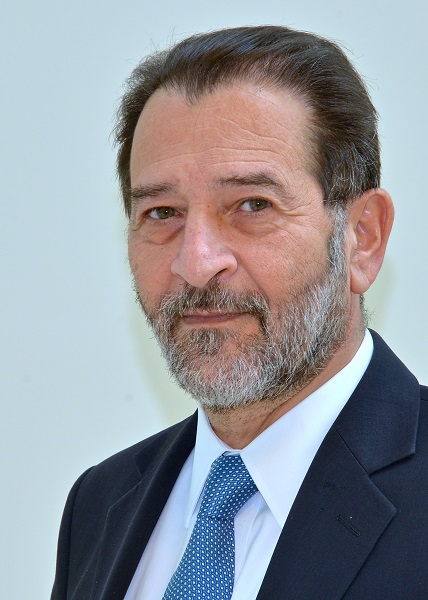

Professor Kypros Nicolaides
Professor of Fetal Medicine at King's College London
Kypros Nicolaides, Professor of Fetal Medicine. Director of the Research Centre for Fetal Medicine of King’s College Hospital and Founder and Chairman of the Fetal Medicine Foundation. He has been honoured with highest awards of excellence from many national and international professional bodies, including the Eardley Holland Gold Medal of the RCOG, International Society Ultrasound in Obstetrics & Gynaecology, National Grand Cross of the Order of Makarios III from the Republic of Cyprus, Gold Cross of The Order of the Phoenix from the Republic of Greece. He is an elected member of the National Academy of Medicine (USA) and the recipient of Honorary Doctorates in Medicine from 14 Universities across the world. He published over 1600 peer-review papers in Scientific Journals.
-
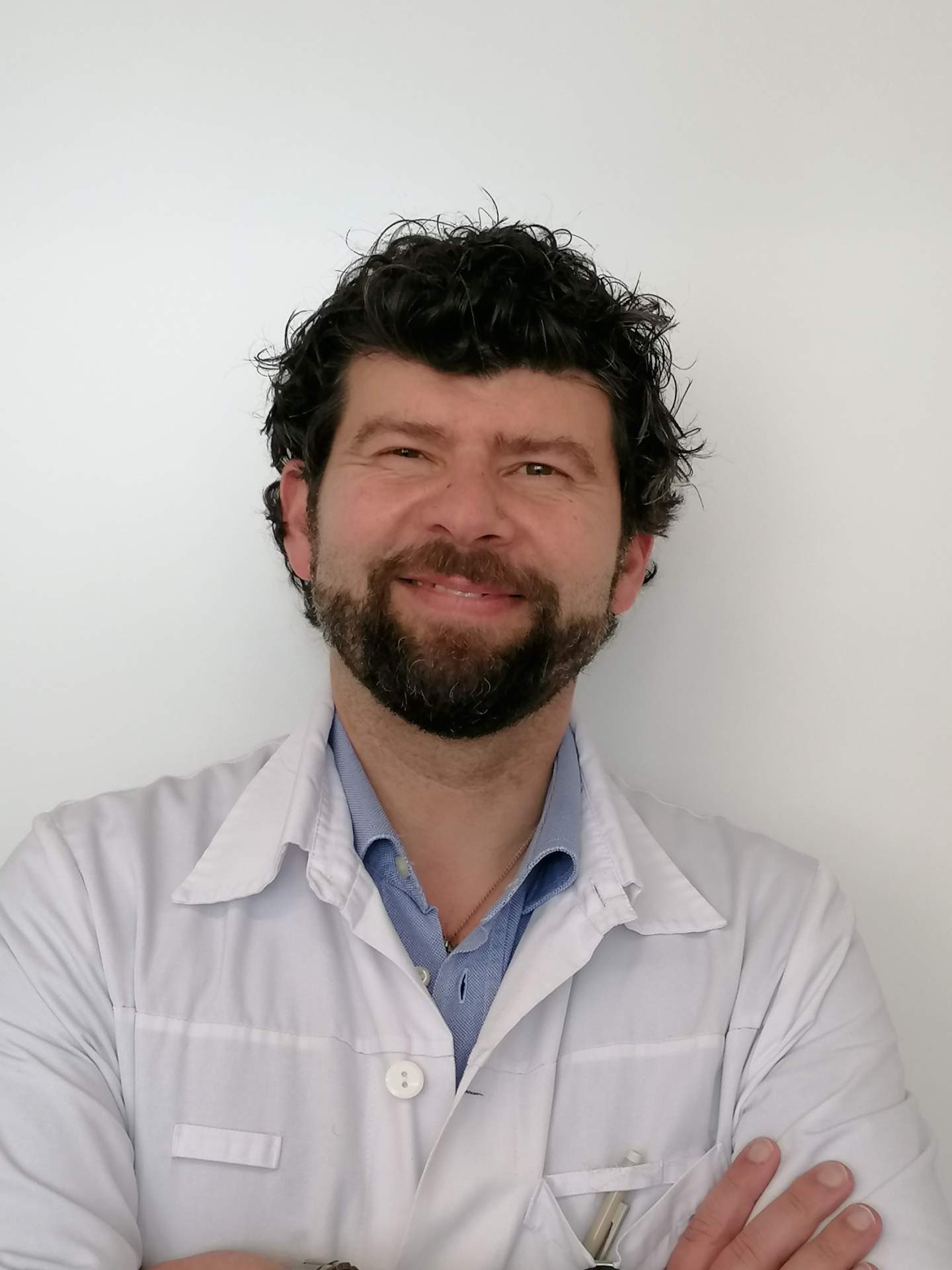

Professor Michele Diana
Professor at the Faculty of Medicine in Strasbourg
Prof. Michele Diana, MD, Ph.D, EMBA, obtained the Medical Degree in Rome, Italy, and specialized in General Surgery in Switzerland. He obtained a Ph.D in Medical Sciences and received the Venia Legendi at the University of Strasbourg (France). Additionally, he holds an Executive Master in Business Administration from INSEAD Business School. He is faculty member of leading scholar surgical societies, including the SAGES, the European Association of Endoscopic Surgery (EAES), the International Society of Fluorescence Guided Surgery (ISFGS) and the International Society of Medical Innovation and Technology (iSMIT). His main translational research interests include image-guided surgery, surgical robotics and surgical applications of machine and deep learning. He has authored more than 250 peer-reviewed papers and book chapters (h-index 47).
Current position(s) & affiliations:
- Director of Surgical Innovation, Geneva University Hospital, Switzerland
- Invited Professor, University of Geneva Medical School, Switzerland
- Faculty, ICube Lab, Photonics for Health, Strasbourg, France
Founder and Chief Medical Officer at ASTRANICE, Strasbourg, France
-
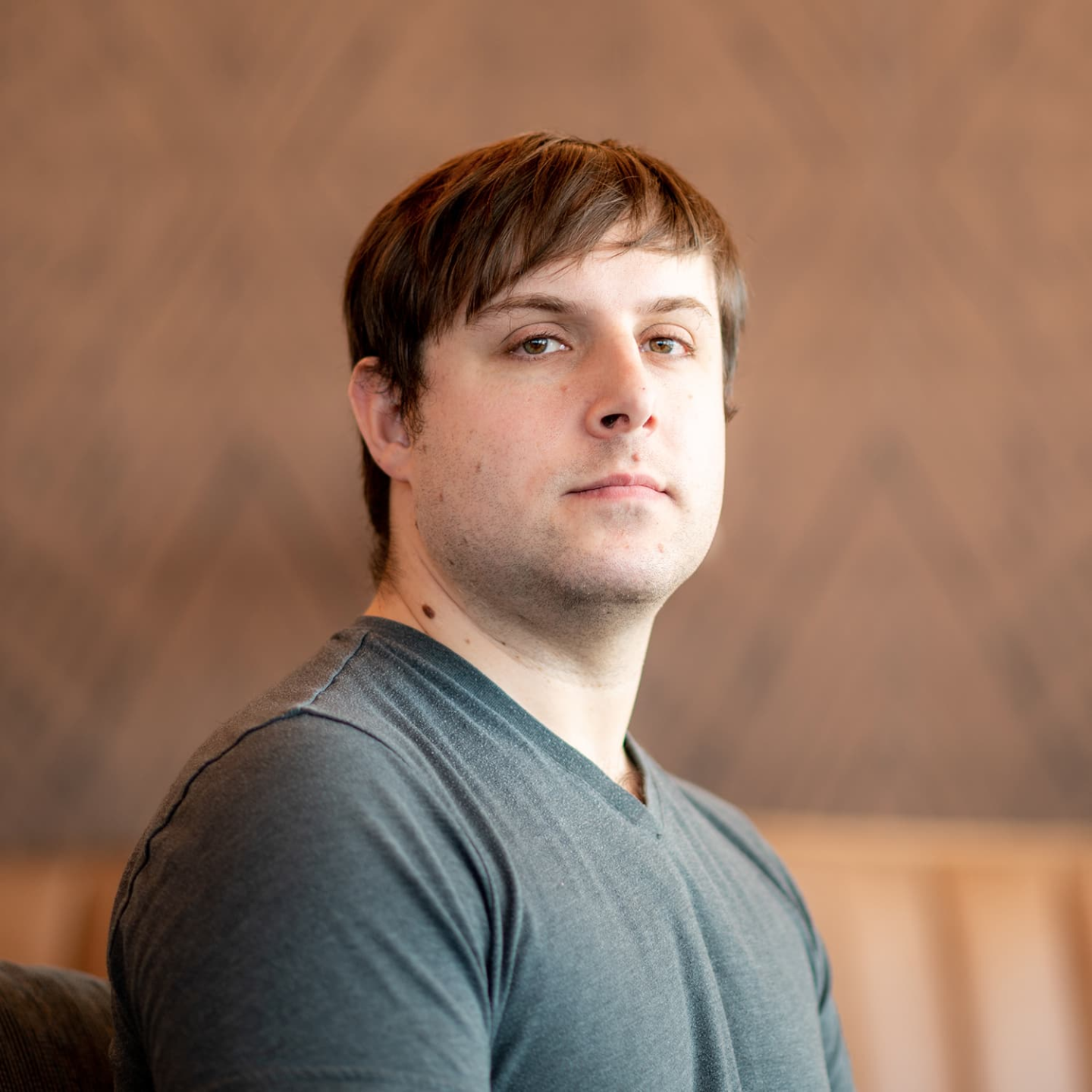

Max Hodak
Founder and CEO of Science Corporation
Max Hodak is the founder and CEO of Science Corporation, a clinical stage medical device and neural engineering company developing advanced brain-computer interfaces and other technology applications for a range of unmet patient needs. Science Corporation is headquartered in the San Francisco Bay area, with additional offices in the Raleigh Durham Research Triangle and in Paris, France.
Max's training is in biomedical engineering and his primary research and professional focus for almost 20 years, beginning before college, has been on neural engineering and brain-computer interfaces.
Max was a cofounder of Neuralink, where he served as President from its inception through early 2021, helping to develop advanced brain-computer interfaces and other technology applications. Before Neuralink, he helped start Transcriptic, a robotic cloud laboratory for the life sciences, where he was CEO for the first five years.
Max believes that one of the essential goals of our generation is to understand the physics of consciousness and learn to engineer experience directly – a founding principle of the company.
In this Keynote Lecutre, Max will talk about "The Future of Neural Engineering."

AI symposium guestspeakers

-
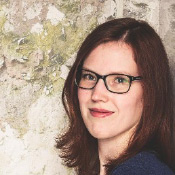

Dr. Annika Reinke
Dr. Annika Reinke is the deputy head of the Division of Intelligent Medical Systems at the German Cancer Research Center. Her work focuses on eliminating flaws in biomedical image analysis validation by addressing underrepresented societally relevant topics, particularly scientific benchmarking and validation. Leading the "Validation of Intelligent Systems" group, Dr. Reinke aims to enhance the quality of validation pipelines for biomedical AI algorithms. She holds influential positions in various international groups, including the secretary of the MICCAI Special Interest Group on biomedical challenges and the chair of the MONAI Working Group on Evaluation and Benchmarking.
-
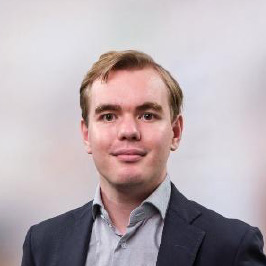

Dr. Stefan Buijsman
Stefan Buijsman received his PhD at 20 in philosophy. He now works as an associate professor in responsible AI at TU Delft. He leads the Digital Ethics Centre there, as well as the WHO Collaborating Centre on AI Healthcare Governance, with the goals of connecting the ethics of AI to the practical design and implementation of AI systems. In addition to his academic research on AI ethics by design he has also written three popular science books on mathematics and artificial intelligence, translated in over 15 languages.
-


Dr. Nadine Schneider
Dr. Nadine Schneider is a Research Director in the Computer-Aided Drug Design team at Novartis Biomedical Research in Basel, Switzerland. She earned a Doctorate in computational chemistry from the University of Hamburg, Germany. Her PhD work on HYDE scoring for protein-ligand complexes was integrated into the commercial SeeSAR software, now widely used in academia and industry. Dr. Schneider joined Novartis Biomedical Research as a postdoctoral researcher in 2014, pioneering the application of machine learning to chemical reaction data. Her current research focuses on novel generative and property prediction models and how to efficiently integrate those models in the design-make-test-analyze (DMTA) cycle to accelerate drug discovery. As an active member of the scientific community, Dr. Schneider serves as a reviewer for several well-known journals and participates in numerous conferences and workshops as speaker or co-organizer. She has significantly contributed to the fields of data science, cheminformatics and computational chemistry, authoring over 30 publications. In recognition of her work, Dr. Schneider received runner-up recognition for the 2022 EFMC Prize for a Young Medicinal Chemist or Chemical Biologist in Industry. She was selected as a Fellow of the ELLIS (European Laboratory for Learning and Intelligent Systems) society in 2024 and currently co-directs the ELLIS Machine Learning for Molecule Discovery program.
-
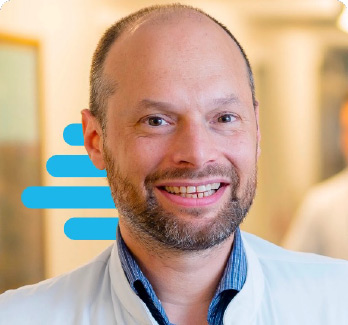

Martijn Bauer
Martijn Bauer is an internist at the Leiden University Medical Center (LUMC) and one of the founding medical minds behind Autoscriber. His work began at CAIRElab, LUMC’s innovation hub, where he and a group of physicians recognized the potential of artificial intelligence to improve clinical note-taking. After recording hundreds of patient consultations, they collaborated with AI experts to develop the first version of Autoscriber. Today, the product is used in hospitals, clinics, and practices across multiple countries. Bauer remains closely involved in its continued development, fostering strong ties between LUMC and Autoscriber in advancing clinical AI applications.
-
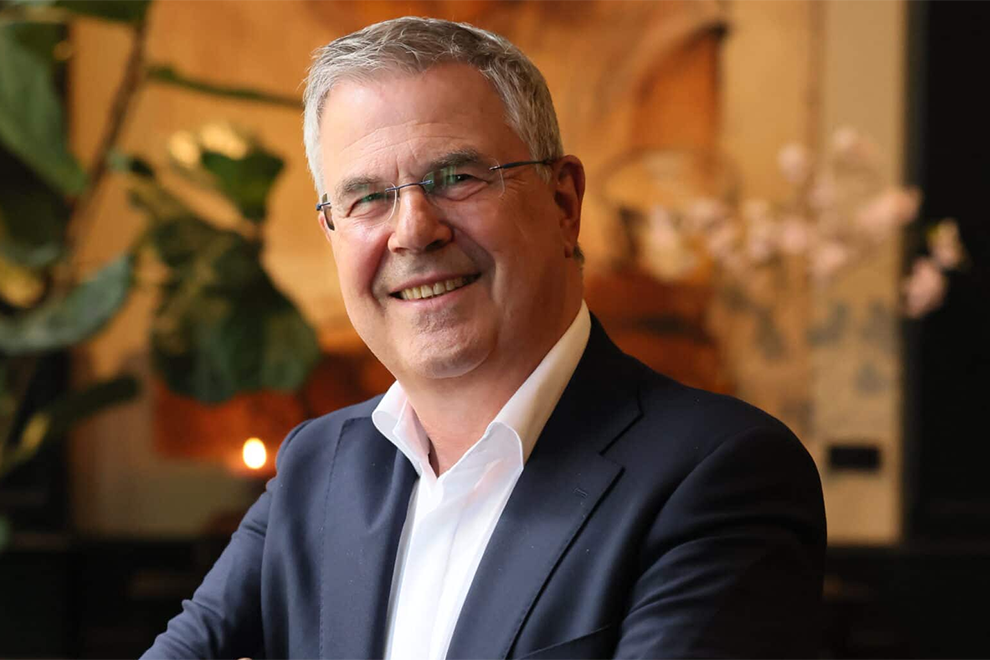

Dr. Nicky Hekster
Dr. Nicky Hekster is a leading expert in artificial intelligence and data science with a strong focus on healthcare innovation. With over 35 years of experience, including a long-standing career at IBMm most notably as Technical Leader for Healthcare & Life Sciences in the Benelux and later with IBM Watson Health Europe, he is a recognized expert in artificial intelligence, particularly within healthcare and the life sciences. He has served as chair of IHE Netherlands and the Health & Care working group of the Dutch Blockchain Coalition, promoting standardization and privacy-enhancing technologies for health data sharing. Dr. Hekster is a member of several advisory boards and serves on the jury of the Prix Galien MedTech Awards. He holds a PhD in mathematics from the University of Amsterdam and is driven by the transformative power of data technologies to improve lives.
